Table of Contents
Quality Service Guarantee Or Painting Free

Get a rental agreement with doorstep delivery

Find the BEST deals and get unbelievable DISCOUNTS directly from builders!

5-Star rated painters, premium paints and services at the BEST PRICES!
Loved what you read? Share it with others!
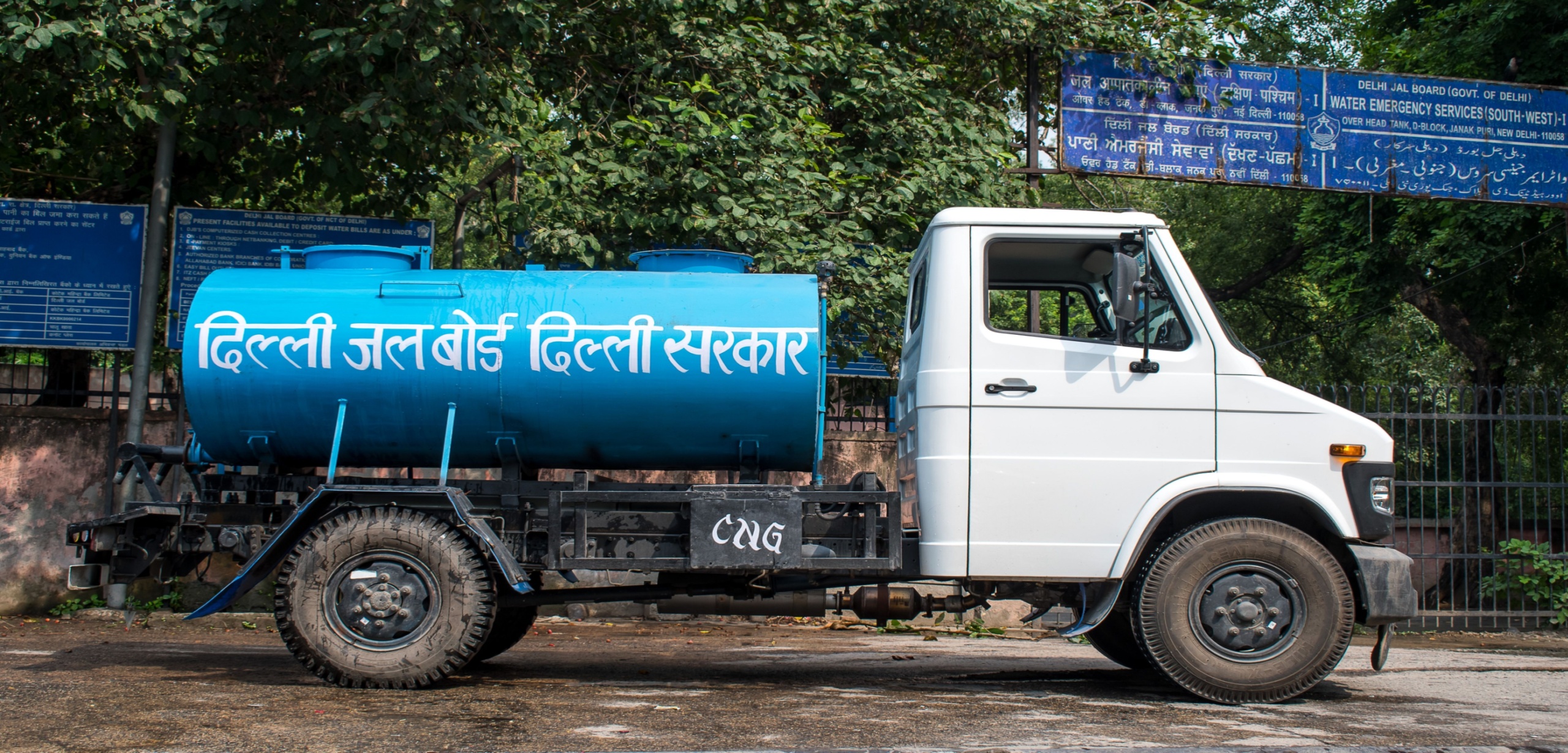

Submit the Form to Unlock the Best Deals Today
Check Your Eligibility Instantly

Experience The NoBrokerHood Difference!
Set up a demo for the entire community
Delhi Jal Board Bill Payment Made Easy!
Table of Contents
Navigating the intricacies of utilities can often be a complex task, but when it comes to Delhi Jal Board bill payment, we're here to simplify things for you. In this blog post, we'll delve into the essentials of Delhi Jal Board's billing system, provide insights into tariffs, discuss the procedure for various water connections, and guide you through a seamless payment experience.
Understanding DJB RMS (Delhi Jal Board Revenue Management System)
The Delhi Jal Board Revenue Management System (DJB RMS) is a critical tool designed to enhance the efficiency of water service management in Delhi. Here's what you need to know about DJB RMS:
- Centralised Platform: DJB RMS serves as a centralised platform where residents of Delhi can manage their water services. This system simplifies the process of handling billing, payments, and account management.
- Online Bill Payment: One of the primary features of DJB RMS is facilitating online bill payments. Users can securely pay their water bills online, avoiding the hassle of manual payments and long queues.
- Bill Viewing and Download: Through DJB RMS, users have the ability to view detailed statements of their water usage and download their bills for record-keeping purposes. This feature ensures transparency and convenience in monitoring water consumption.
- User Account Management: Residents can create and manage their accounts on the DJB RMS. This personal account provides access to service requests, status updates, and the submission of meter readings.
Customer Support: The system is also equipped with customer support features, allowing users to get assistance with any issues related to their water services directly through the platform.
Quality Service Guarantee Or Painting Free

Get a rental agreement with doorstep delivery

Find the BEST deals and get unbelievable DISCOUNTS directly from builders!

5-Star rated painters, premium paints and services at the BEST PRICES!
Delhi Water Bill Payment – Step-by-step Procedure
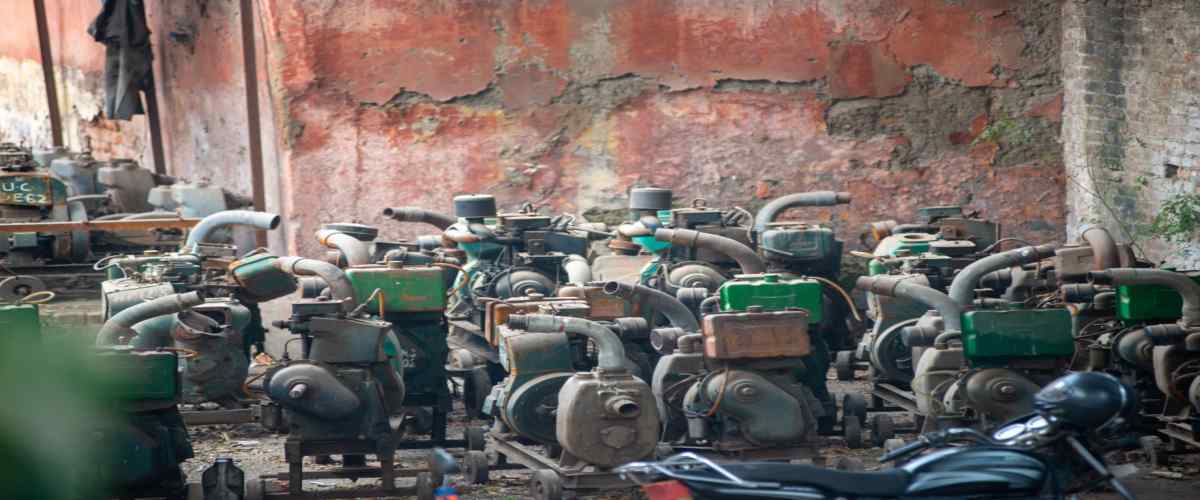
The Delhi Jal Board (DJB) has streamlined the process of paying your water bill by integrating a variety of digital payment methods. This ensures a convenient and secure transaction for the consumers. Kindly follow the detailed procedure outlined below to complete your bill payment:
Step 1: Access the Official Portal
Begin by navigating to DJB’s official Revenue Management System (RMS) Portal: Delhi Jal Board RMS Portal.
Step 2: Select the Online Payment Option
Once you are on the DJB RMS portal, locate and select the tab labelled “Pay Online”.
Step 3: Input Relevant Details
The system will prompt you to enter pertinent details, such as the KNO number or the ARN (Account Reference Number).
Step 4: Determine Payment Amount
Specify the precise amount you are obligated to pay.
Step 5: Select Payment Mechanism
The DJB provides an array of digital payment options. Select the preferred mechanism for DJB water bill payment, be it credit card, debit card, UPI, net banking, BBPS, or other enlisted methods.
Step 6: Initiate the Payment Process
Once assured of the accuracy of all provided details, proceed by selecting the “Pay Now” option.
Step 7: Complete the Transaction
After selection, you will be directed to a secure payment gateway. It is imperative to input the necessary details relevant to the chosen payment method, which may encompass card details, UPI PIN, or other pertinent credentials. Ensure the transaction is finalised by adhering to the subsequent prompts.
Step 8: Record Keeping
Following the successful completion of the transaction, it is advisable to retain a digital receipt through DJB bill download or capture a screenshot as a record of the transaction.
Steps for DJB Bill view
Understanding how to view your Delhi Jal Board bill online can make managing your water services more straightforward. Below are the key points to guide you through the process:
- Access the Portal: Start by visiting the official Delhi Jal Board Revenue Management System (RMS) Portal at Delhi Jal Board RMS Portal.
- Login Required: If you haven't already, you will need to create an account or log in using your existing credentials. This ensures secure access to your billing information.
- Navigate to View Bill: Once logged in, navigate to the section labelled 'View/Download Bill' or similar terminology depending on the website's layout.
- Enter Account Details: You will be required to input your account details, such as the KNO number or Account Number. This helps in retrieving the specific bill for your connection.
- Select Billing Period: Some portals allow you to select the billing period for which you want to view the bill. Choose the desired period if applicable.
- View and Download Bill: After entering the necessary details, your bill will be displayed. You can view the details and download a copy for your records.
- Printing Option: There is often an option to print the bill directly from the website, which can be useful for maintaining physical records or for reference purposes.
How Delhi Jal Board Water Bill Downloaded?
Efficiently managing your water bills starts with having easy access to them. Below are the steps for the Delhi Jal Board bill download:
- Visit the Official Website: First, go to the official RMS Delhi Jal Board portal at https://djb.gov.in/DJBRMSPortal/.
- Secure Login: Ensure you log in to your account. If you do not have one, you will need to register by providing the necessary details to create an account. This step is crucial for accessing your billing information securely.
- Locate Bill Section: Once logged in, navigate to the 'View/Download Bill' section, which is typically found in the main menu or under user-specific services.
- Enter Your Details: Input your KNO number or any other required account identifier to access your billing information.
- Select the Bill: You may have the option to select which month’s bill you wish to download. Choose the appropriate billing period.
- Download the Bill: After selecting the desired bill, click on the 'Download' button. Your bill will be downloaded to your device in a PDF format.
- Print if Necessary: You can open the downloaded file and print it directly if you require a physical copy for your records.
The Importance of Delhi Jal Board Duplicate Bill: Why and How to Get It?
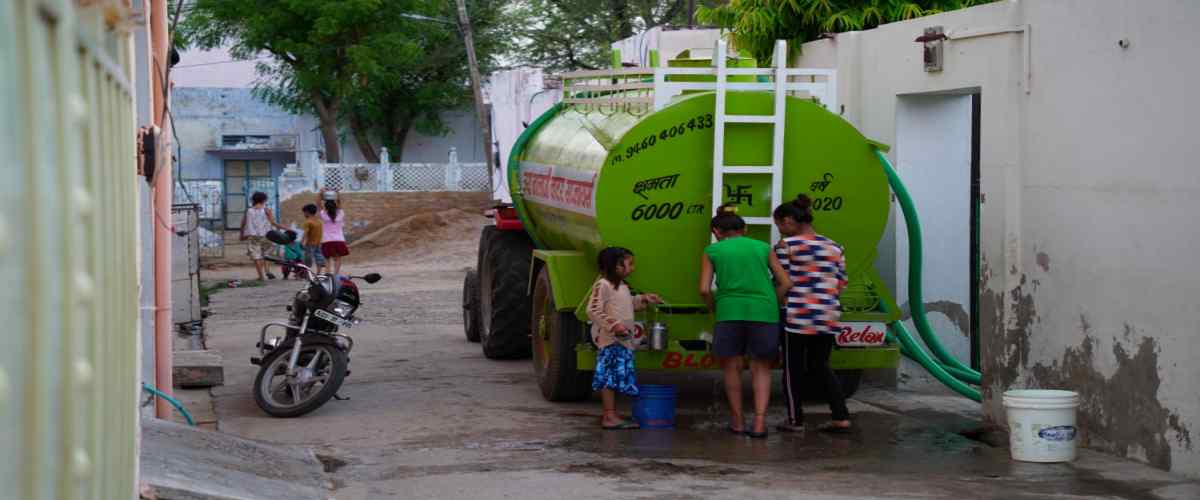
The need for a duplicate Delhi Jal Board (DJB) bill can arise due to various circumstances, and obtaining one is a straightforward process. Let's delve into the reasons necessitating a Delhi Jal Board duplicate bill download and the systematic procedure to acquire one through the Delhi Jal Board RMS portal.
Reasons to Obtain a Duplicate DJB Bill
1. Misplacement: The most frequent reason people seek a DJB duplicate bill download is the loss or misplacement of the original. Without the bill, paying your water charges becomes a challenge.
2. Resolution of Discrepancies: In instances where there might be disagreements or disputes concerning the water bill with DJB, having a duplicate copy becomes vital to validate your claims.
3. Loan or Mortgage Applications: Financial institutions, while processing loan or mortgage requests, often require evidence of regular bill payments. A water bill in Delhi can serve as an additional verification of your financial responsibility.
4. Relocation: When relocating residences, it is customary to furnish the new property owner or landlord with a copy of your recent utility bills, including water bills, to ensure a smooth transition of utility services.
Procedure to Acquire a Duplicate DJB Bill Online
1. Official Portal Access: Begin by visiting the DJB's official website: https://djb.gov.in/.
2. Locate the Relevant Section: Navigate to the section dedicated to bill-related services and select the "Duplicate Bill" option.
3. Provide Necessary Details: Enter the 10-digit number, usually referred to as the consumer number or ARN (Account Reference Number), present on your original bill.
4. Security Verification: A captcha will be displayed to ensure the authenticity of the request. Enter it as shown and proceed by clicking on 'show bill details.'
5. Duplicate Delhi Jal Board Water Bill Download: The system will subsequently display your bill's specifics. An option to the Delhi Jal Board Bill download a PDF version of the bill will be available. Use this feature to save a copy for your records.
Additional Considerations
- When seeking a duplicate bill, it's imperative to present valid identification like a passport or driver's license for verification purposes.
- While the online method is efficient, you can also acquire a duplicate bill by visiting the DJB local office.
- Note that there might be a nominal fee associated with obtaining a duplicate copy.
- The entire procedure, especially if done offline, can take a few days, so it's advisable to initiate the process well in advance of any impending deadlines.
How to Identify Your KNO Number for Delhi Jal Board Water Bill Payment?
The KNO (Known Number Only) is a distinctive alphanumeric code assigned to each water connection within Delhi's jurisdiction. It plays a pivotal role in facilitating seamless water bill payments by uniquely identifying each consumer's water connection. Understanding its significance, this section provides a detailed guide on how to ascertain your KNO number.
Defining the KNO Number
The KNO number consists of 13 characters, with a prefix of the letters "DJB" followed by the 10-digit water connection number.
Methods to Determine Your KNO Number
1. Water Bill Inspection
The most straightforward method to identify your KNO number is by examining your Delhi Jal Board online bill. This unique 13-character code is prominently displayed on every bill issued by the DJB.
2. DJB Official Website
The Delhi Jal Board's official website provides a dedicated feature to assist consumers in identifying their KNO number:
- Firstly, access the DJB customer portal.
- Navigate to and select the 'Know Your KNO' option.
- Subsequently, key in pertinent details, including zone, MR number, specific area, and the water connection number.
- Upon submission, the system will display your KNO number.
3. Direct Engagement with DJB
If, for any reason, one is unable to locate their KNO number through the aforementioned methods, the DJB's helpdesk remains at your service. By dialling 1916, consumers can seek assistance to identify their unique KNO number.
Crucial Considerations Concerning KNO Numbers
1. Case Sensitivity: KNO numbers are case-sensitive. It's imperative to ensure that when entering or providing the KNO number, it matches the exact format, including the correct use of upper and lower-case letters.
2. Immutable Nature: The KNO number, once assigned, remains constant. It's not subjected to alterations or modifications.
3. Multiplicity of Connections: For households or establishments with multiple water connections, each connection is designated a unique KNO number. It's essential to ensure the correct association of each KNO number with its respective water connection.
The KNO number stands as a crucial identifier in the domain of water bill payments within Delhi. Being armed with this knowledge ensures timely and accurate bill payments, ultimately fostering a smoother interaction with the Delhi Jal Board's services.
Applying for New Water Connections in Delhi
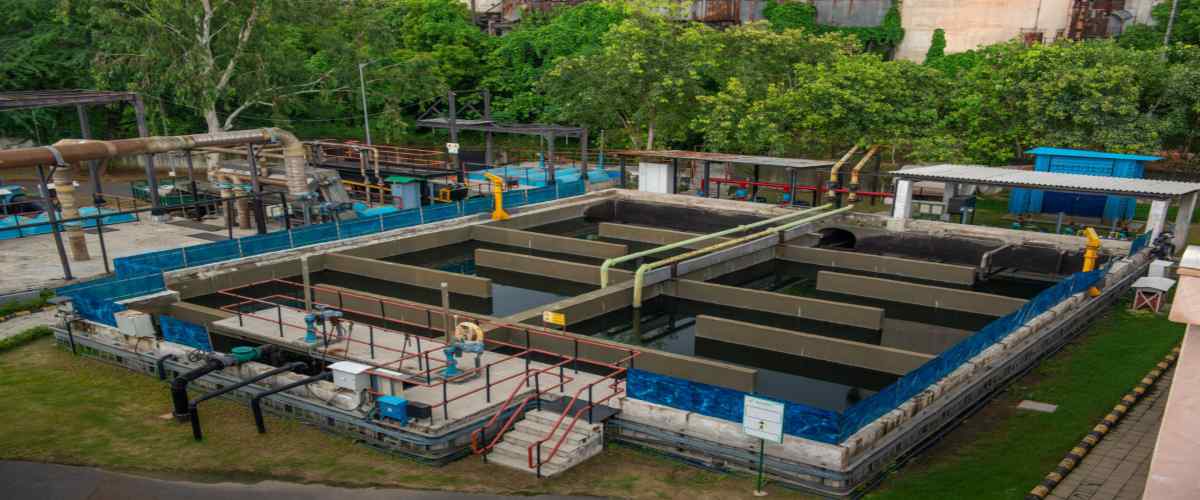
Navigating through the process of obtaining a new water connection in the vast cityscape of Delhi might initially appear daunting. However, with clear guidelines in place, the Delhi Jal Board (DJB) has simplified the application procedure. Here's a comprehensive guide to aid you in applying for a new water connection in the capital city.
Eligibility and Restrictions
The Delhi Jal Board extends its services to almost all residents of Delhi. However, some eligibility criteria need attention:
- To apply for a DJB new connection, an individual must possess valid identity proof and verifiable property ownership credentials.
- Residents living under the jurisdictions of the NDMC & Delhi Cantonment Board are exempt from applying for these connections.
- While a single dwelling is entitled to just one water connection, it's crucial to note that only units within a building height of 15 meters qualify for individual connections.
Procedure to Apply Online
- Access the Official Portal: Begin by visiting the official DJB consumer portal for DJB bill payment online.
- New Connection Request: Locate and click on the 'Apply for New Connection' option.
- Understand the Guidelines: A list of detailed instructions will appear. Thoroughly peruse these guidelines to ensure a smooth application process.
- Complete the Application Form: Input all the requisite details in the application form.
- Attach Necessary Documents: Alongside your application, furnish the necessary proof of identity and property ownership.
- Final Submission: After ensuring all details are accurate, click on 'Submit'.
Offline Application
For those who prefer the conventional method or may not have ready online access, the offline process is equally streamlined:
1. Acquisition of the Application Form: The form can be procured either from the DJB's Zonal Revenue Office (ZRO) or downloaded online. While the form itself bears a nominal cost of Rs. 10, there's an associated processing fee.
2. Submission: Once duly filled, the application can be submitted to the respective ZRO office on any working day.
Timelines and Approval
Upon submission, an approval waiting period ensues. However, DJB is committed to efficient service, ensuring the sanctioning of applicable new connections within 35 days, provided the application is accurate, and comprehensive, and all previous dues are settled.
Whether opting for the digital route or the traditional one, acquiring a new water connection in Delhi is a streamlined process, thanks to the robust system in place by the DJB. Always ensure you have all your documentation in order and follow the guidelines, and soon enough, you'll have a new water connection at your premises.
Understanding Water Tariffs in Delhi
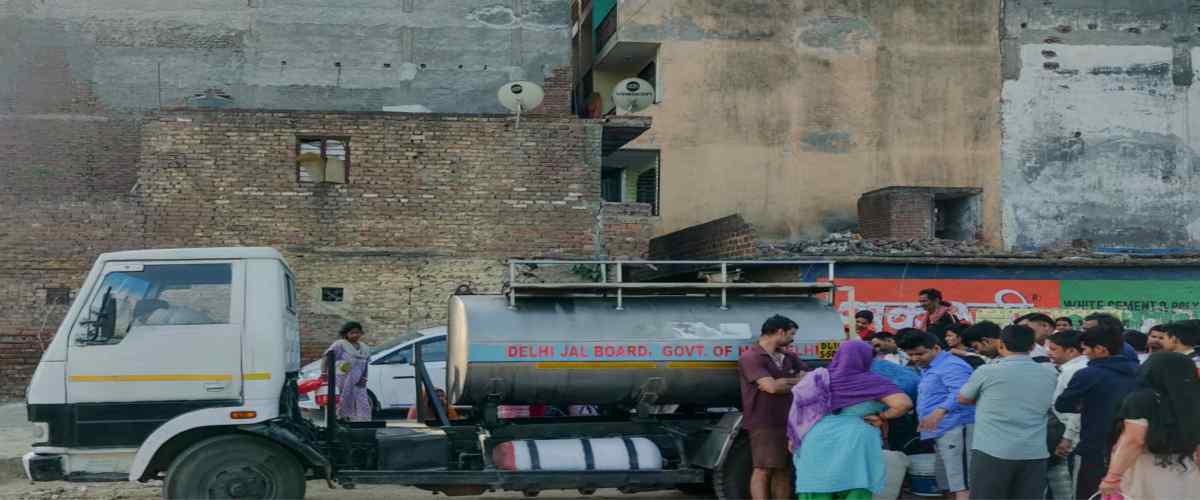
Water tariffs are essential components of a city's water management system, playing a pivotal role in how consumers view and value this vital resource. In Delhi, these tariffs are meticulously structured by the Delhi Jal Board (DJB) to reflect the costs of water production, and distribution, and encourage responsible consumption. This guide aims to elucidate the intricate details of water tariffs in Delhi, ensuring you have a clear understanding of your bill and how to optimise your water usage.
Factors Influencing Water Tariffs
Water tariffs in Delhi are not just arbitrary numbers. They are influenced by:
- Production and Distribution Costs: The cost incurred in treating and distributing water across the city.
- Water Consumption Levels: Encouraging efficient water usage by charging higher rates for excessive consumption.
- Consumer Type: Domestic users, being more sensitive to water conservation, enjoy lower tariffs compared to non-domestic entities such as businesses and industries.
Current Tariff Structure in Delhi
Domestic Connections
- Up to 20 Kilolitres/month: Service Charge of Rs.146.41, Volumetric Charge of Rs.5.27/Kilolitre.
- 20-30 Kilolitres/month: Service Charge of Rs.219.62, Volumetric Charge of Rs.26.36/Kilolitre.
- Above 30 Kilolitres/month: Service Charge of Rs.292.82, Volumetric Charge of Rs.43.93/Kilolitre.
Non-domestic Connections
- Ranging from 0 to more than 100 Kilolitres/month, the charges vary progressively. For instance, 0-6 Kilolitres/month incur a Service Charge of Rs.146.41 and a Volumetric Charge of Rs.17.57/Kilolitre.
**Please note: Across all usage levels, a sewer maintenance fee, calculated at 60% of the water volumetric charge, is applicable.**
Impact on Your Delhi Jal Board Bill
Your bill is an amalgamation of various charges:
- Service Charge: A standard fee applicable to all, irrespective of consumption.
- Volumetric Charge: Depends on your water usage. Higher consumption leads to a higher volumetric charge.
- Sewerage Maintenance Charge: Calculated as a percentage (currently at 60%) of the volumetric charge.
For example, if a domestic household consumes 25,000 litres in a month, the calculation will be as follows:
Service Charge: Rs. 199.65 + Volumetric Charge: Rs. 4992.50 + Sewerage Maintenance Charge: Rs. 2995.50. The cumulative bill amount would be Rs. 8988.
Strategies to Optimise Water Consumption
Water tariffs are not just about paying bills but promoting efficient water usage. Here are ways to ensure optimal consumption:
- Use water-efficient fixtures like low-flow showerheads.
- Promptly attend to plumbing leaks.
- Time your garden watering to early morning or late evening.
- Shorten your shower duration.
- Turn off taps while brushing or shaving.
- Harvest rainwater for various purposes.
By understanding the water tariffs and following these consumption tips, you ensure that you're not only reducing your bills but also contributing to a sustainable Delhi.
Addressing Unauthorised Water Connections in Delhi

Unauthorised water connections in Delhi pose significant challenges to the city's water distribution system. Here's a breakdown:
Risks of Unauthorised Connections
- Water Wastage: Excessive and unchecked water use depletes limited resources.
- Health Hazards: Such connections may lead to water contamination, endangering public health.
- Infrastructure Damage: They might harm water infrastructure, leading to supply disruptions.
- Revenue Leakage: DJB loses critical revenue, hindering its service quality.
DJB's Countermeasures
The DJB employs strategies like visual inspections, meter assessments, and technical evaluations to detect unauthorised connections. Once identified, actions range from notices to property owners, disconnection, and even legal procedures.
Regularising Unauthorised Connections
For those with illicit connections:
- Inform the Delhi Jal Board about the unauthorised connection.
- Pay the required fees, including a Rs. 3,000 penalty.
- Install an official water connection meter.
- Finalise the regularisation process.
Unauthorised connections strain Delhi's water management. Both the DJB and residents must collaborate to address this issue. Enhanced detection efforts by DJB, combined with public awareness campaigns, can pave the way for a more efficient water distribution system.
Guide to Obtaining a Bulk Water Connection in Delhi
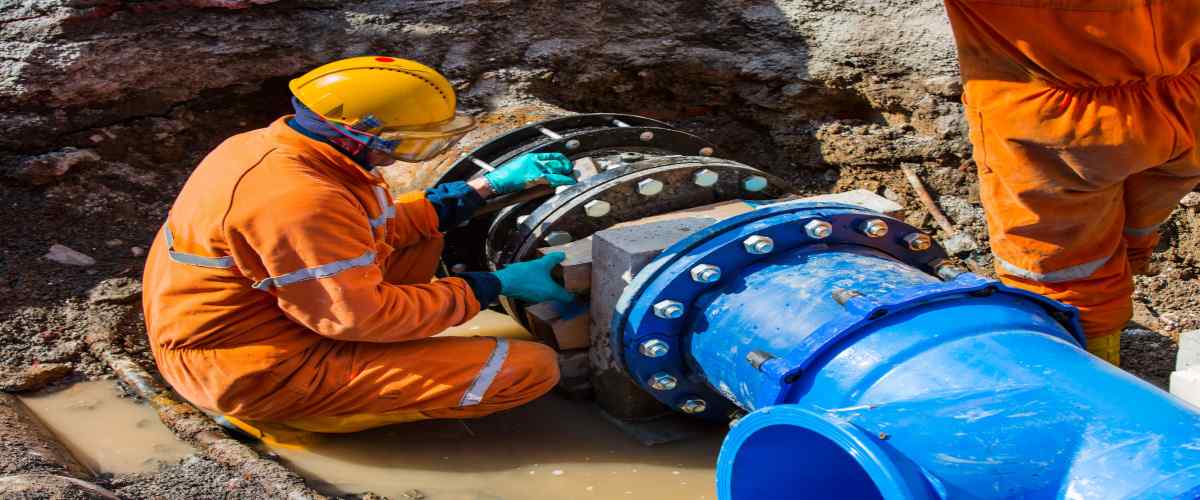
What is a Bulk Water Connection?
In Delhi, a bulk water connection refers to a water supply typically reserved for commercial or industrial operations, like hotels, hospitals, institutions, commercial complexes, and more. It caters to settings demanding a minimum of 100 kilolitres of water daily, making it unsuitable for individual households. Instead, such connections serve larger complexes or group housing societies.
Steps for Application
1. Submission: Begin by procuring and filling out the application form, available on the Delhi Jal Board (DJB) website or at any DJB office.
2. Documents Needed: Attach with your form:
- Identity proof of the applicant.
- Ownership proof of the proposed property.
- Property's layout plan.
- Estimated daily water requirement.
- A No Objection Certificate (NOC) if the applicant isn't the property owner.
3. Assessment: DJB will inspect your property and evaluate its water needs. A successful assessment will be followed by DJB issuing a letter of intent.
4. Payment: Depending on the water requirements, pay the appropriate charges which include:
- A one-time connection charge.
- Recurring monthly charges based on consumption.
- A security deposit ensures judicious use of the connection.
- Online pay to Delhi Jal Board can be made via cash, cheque, or demand draft.
5. Installation: DJB will oversee the water connection installation post-payment.
Maintenance & Obligations
The onus of maintaining the water connection rests on the property owner. This encompasses repairs or replacement of any worn-out components. Moreover, the owner has to settle all water charges with the DJB.
Additional Considerations
- The processing period for your application might extend over several weeks.
- DJB could request supplementary details or documents.
- If the site is deemed unsuitable, or the water needs aren't met, DJB might reject the application.
**Remember: A bulk connection isn't just about size; it's tailored for specific needs, ensuring large establishments in Delhi have a consistent, reliable water supply. Proper adherence to procedures ensures smooth operations and a hassle-free experience.**
Streamline Your Delhi Jal Board Bill Payment with NoBroker Pay
Navigating through the complexities of utilities can often be a tedious task. However, with the digital transformation of many services, 'Delhi Jal Board bill payment' need not be one of them. For a hassle-free and efficient experience, switch to NoBroker Pay. Not only does it streamline the process, but it also ensures that you're never late on a payment again. Let the digital age work in your favour, and say goodbye to queues and cumbersome paperwork.
Key Benefits of NoBroker Pay
- Seamless Transactions: Experience quick, smooth, and error-free payments every time.
- Secure and Trustworthy: With top-tier encryption, your transactions and data are always in safe hands.
- Timely Reminders: Never miss a due date with personalised payment reminders.
Don't get bogged down by traditional payment methods that take up your precious time and energy. Dive into the future with NoBroker Pay and make 'Delhi Jal Board bill payment' a task you look forward to. With just a few clicks, you can ensure timely payments, avoid late fees, and enjoy unparalleled convenience. Step into the new age of bill payments and experience the difference. Choose NoBroker Pay today!

Frequently Asked Questions
Ans: Absolutely! The Delhi Jal Board bill desk is a secure platform designed especially for facilitating bill payments, ensuring that all your transactions remain protected.
Ans: To utilise the Delhi Jal Board bill view feature, navigate to the official DJB website, and log in using your credentials. This feature allows you to view your current and past bills with ease.
Ans: It's recommended to reach out to customer support for the platform you're using. NoBroker Pay, for instance, offers robust customer support for any payment-related issues.
Ans: Costs for bulk water connections include a one-time connection charge, monthly charges based on consumption, and a security deposit to prevent misuse.
Ans: The charges for an unauthorised water connection include a penalty of Rs. 3,000, potential disconnection, an enhanced penalty, cumulative water charges for three years, and infrastructure charges based on plot size.
Recommended Reading
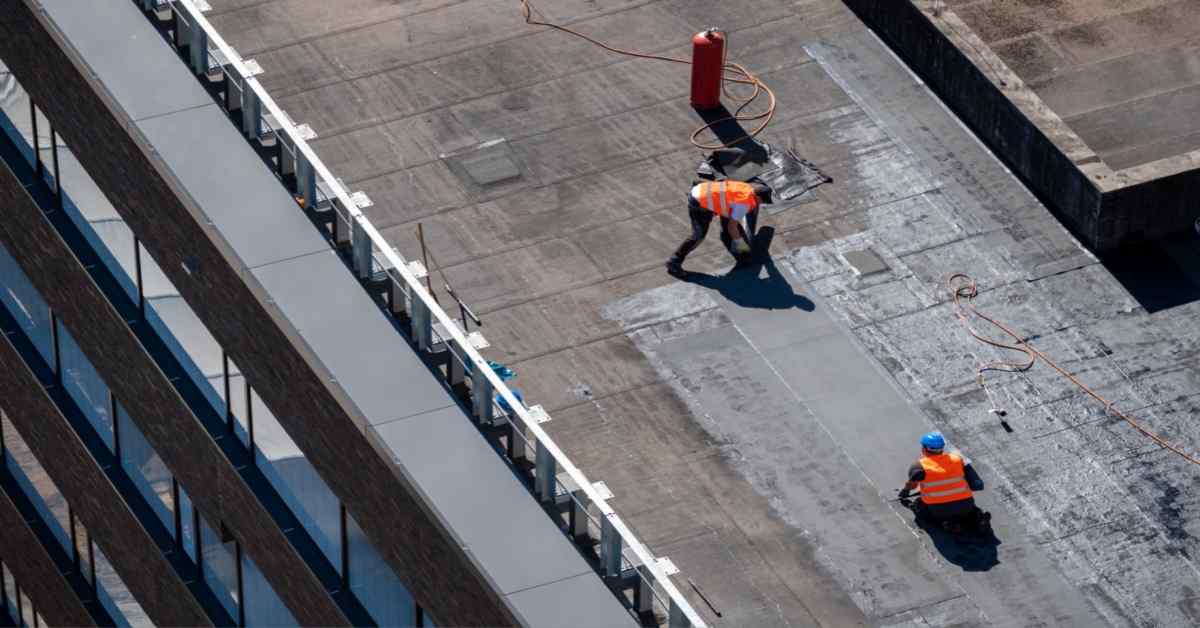
12 Best Reliable and Affordable Waterproofing Contractors in Delhi 2025
March 18, 2025
3008+ views

13 Best Paint Manufacturers in Delhi: High-Quality Paints for Every Surface in 2025
February 27, 2025
3621+ views
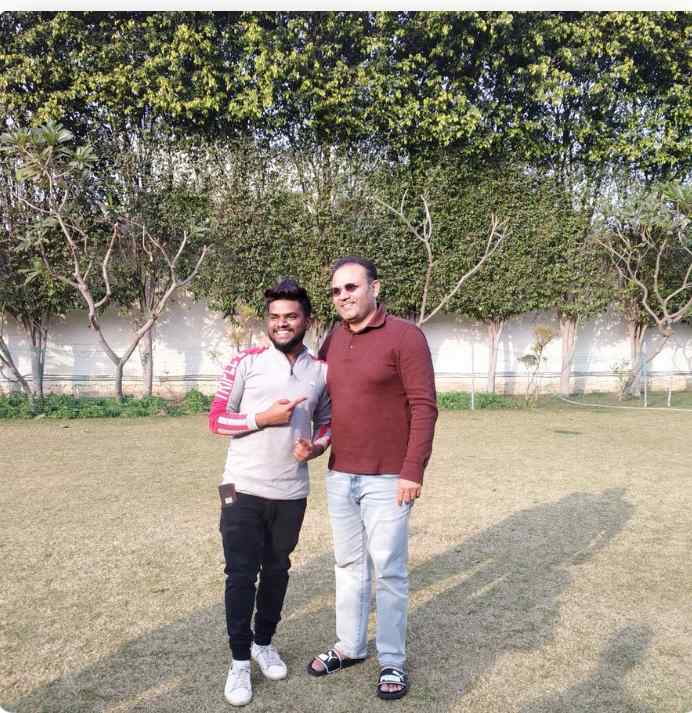
Exclusive Look Inside the Luxurious Virender Sehwag Houses in Delhi
February 14, 2025
5309+ views
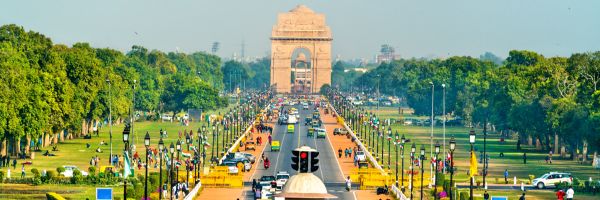
The Cheapest Places to Live in Delhi for 2025
January 31, 2025
9149+ views
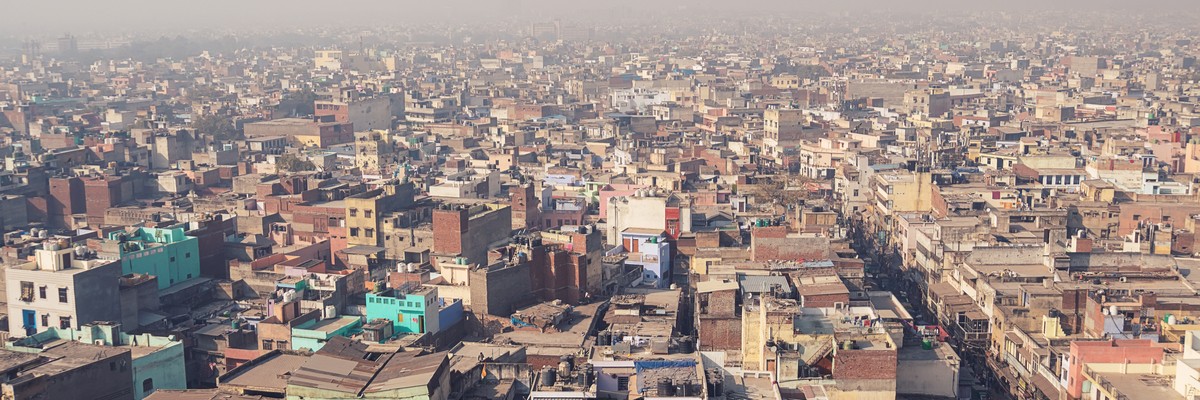
Circle Rate in Delhi: Meaning, Latest Updates and Calculation 2025
January 31, 2025
20489+ views
Loved what you read? Share it with others!
Most Viewed Articles
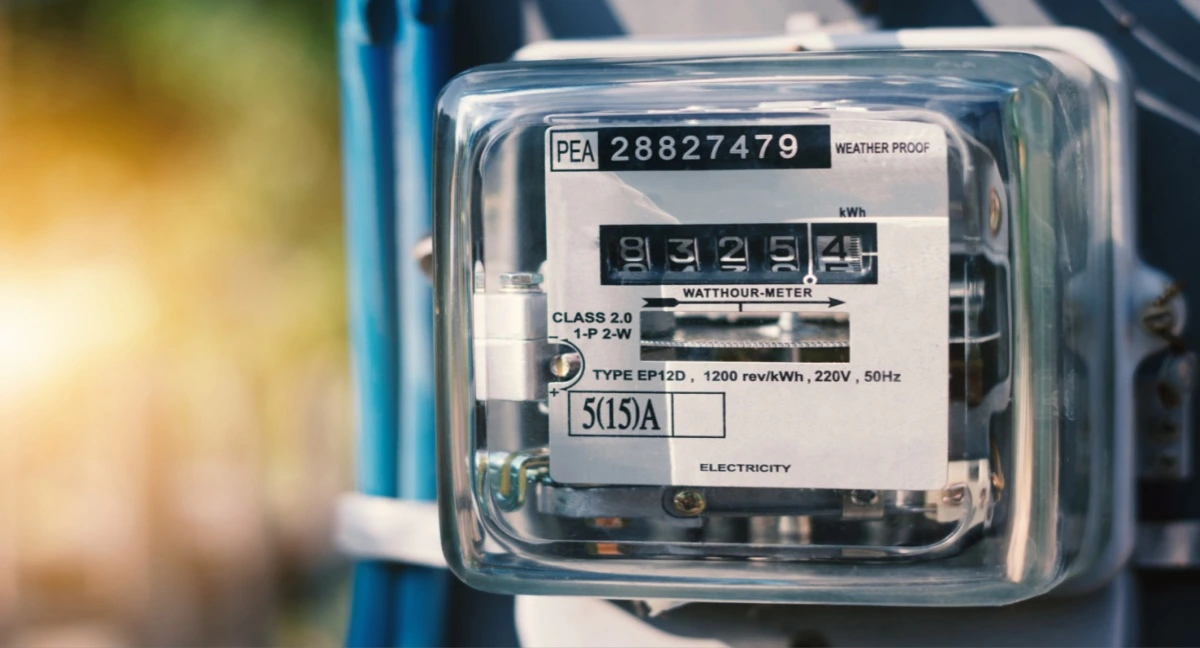
January 20, 2025
33815+ views
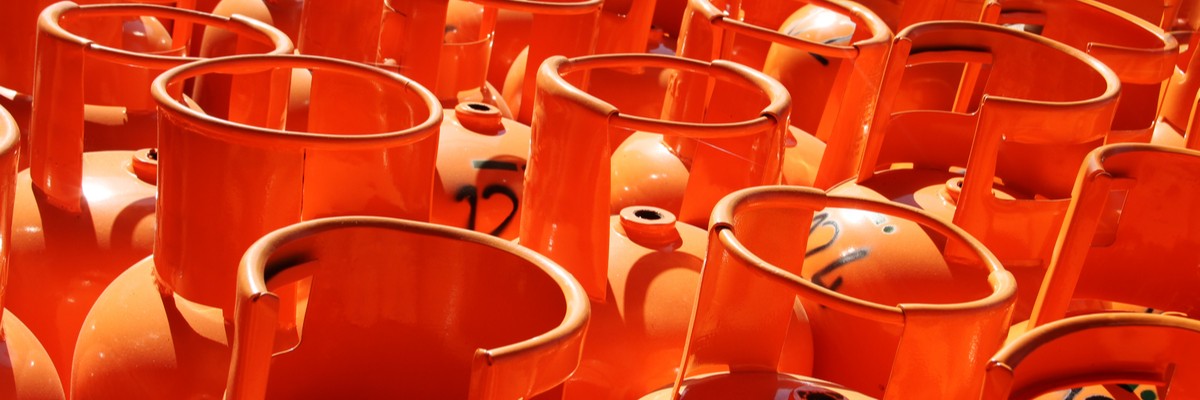
How To Get a New Gas Connection for New House or Rented House
January 28, 2025
27868+ views
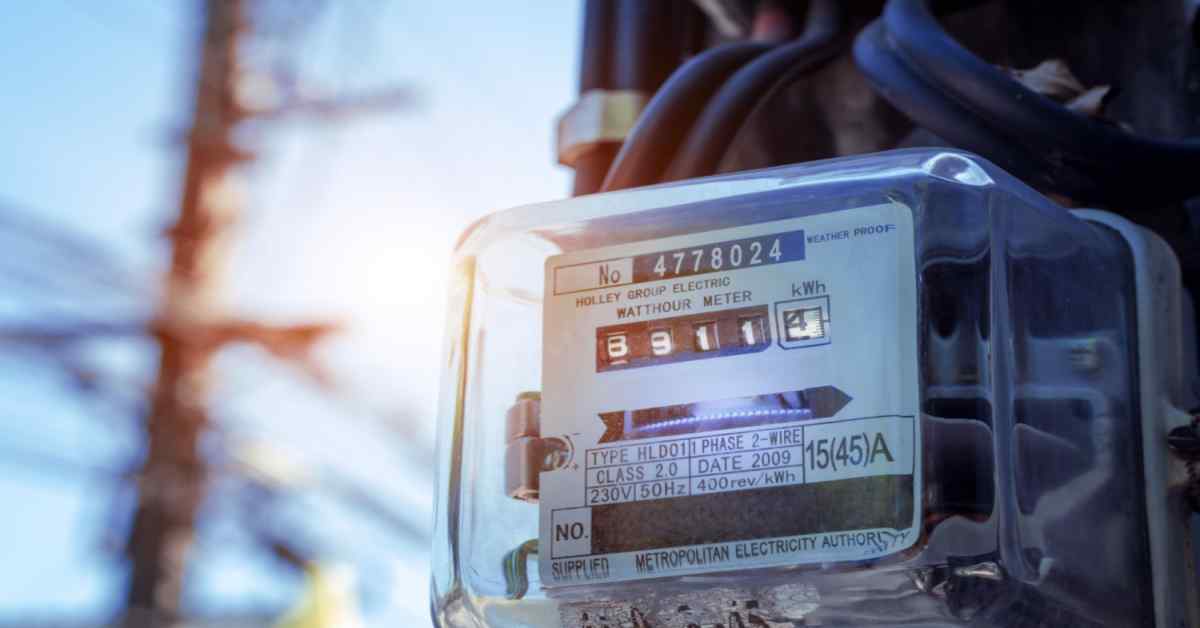
Gruha Jyothi Scheme: Meaning, Eligibility and Documents Required in 2025
January 31, 2025
22770+ views

Jhatpat Portal: Quick Guide to Applying for UPPCL Connections
January 31, 2025
17202+ views
Recent blogs in
APSPDCL Bill Payment Online and Offline: Quick and Secure Payment Options in 2025
March 4, 2025 by Priyanka Saha
APCPDCL Bill Payment: Check Status, Download Receipt, and View Payment History in 2025
February 26, 2025 by Suju
Water Bill Payment Online Bangalore: Simplifying BWSSB Payments
January 31, 2025 by Jessica Solomon
बंगळुरूमध्ये आपले पाणी बिल ऑनलाईन कसे भरावे याबद्दल मार्गदर्
January 31, 2025 by NoBroker.com
बैंगलोर में पानी का बिल ऑनलाइन कैसे भरें
January 31, 2025 by NoBroker.com




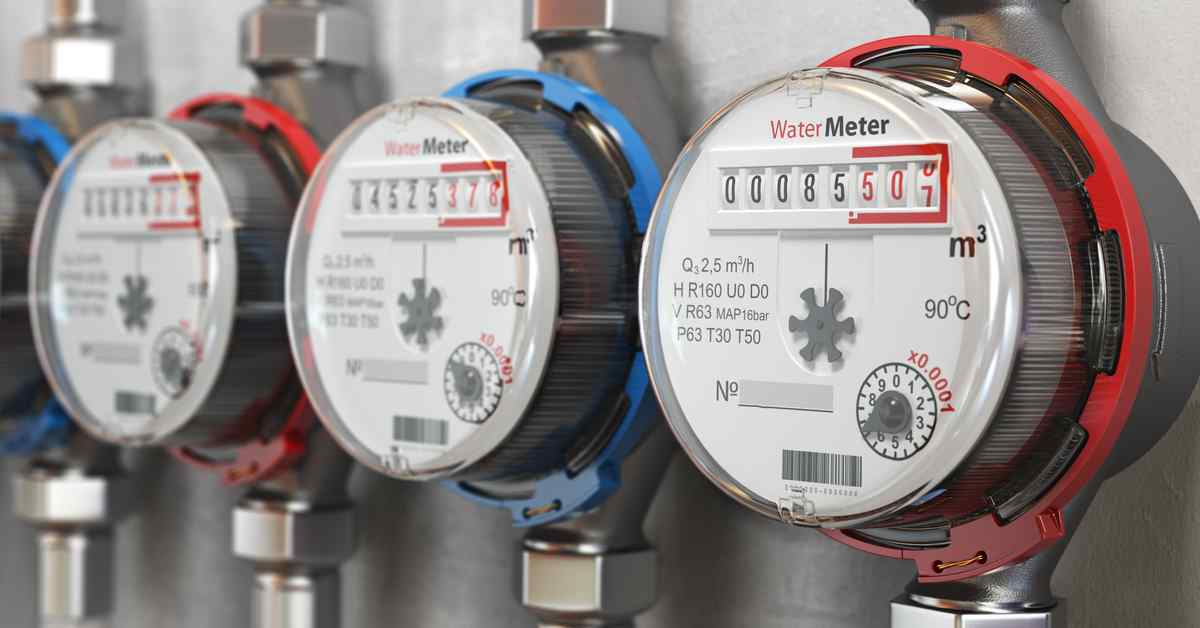

Join the conversation!